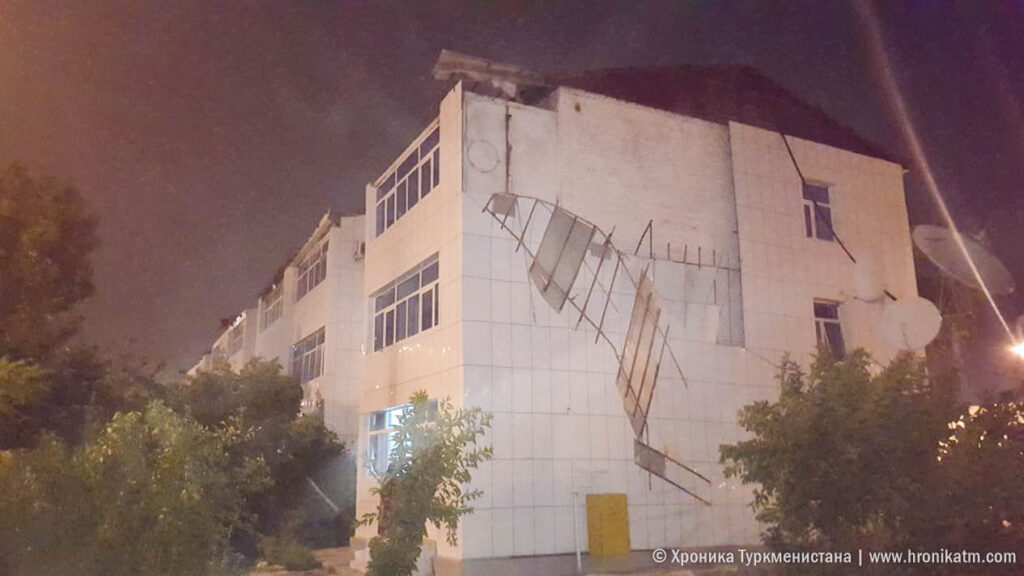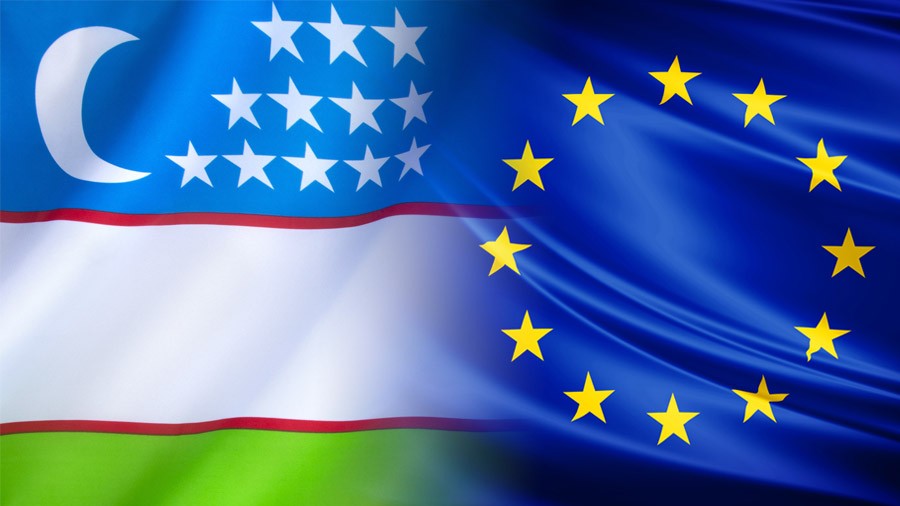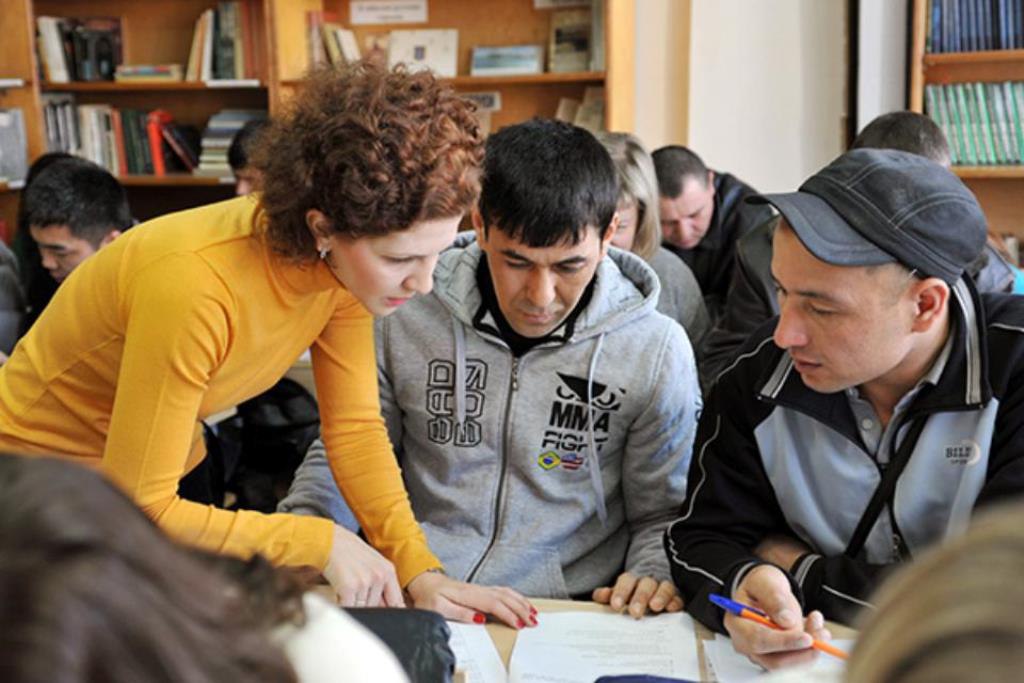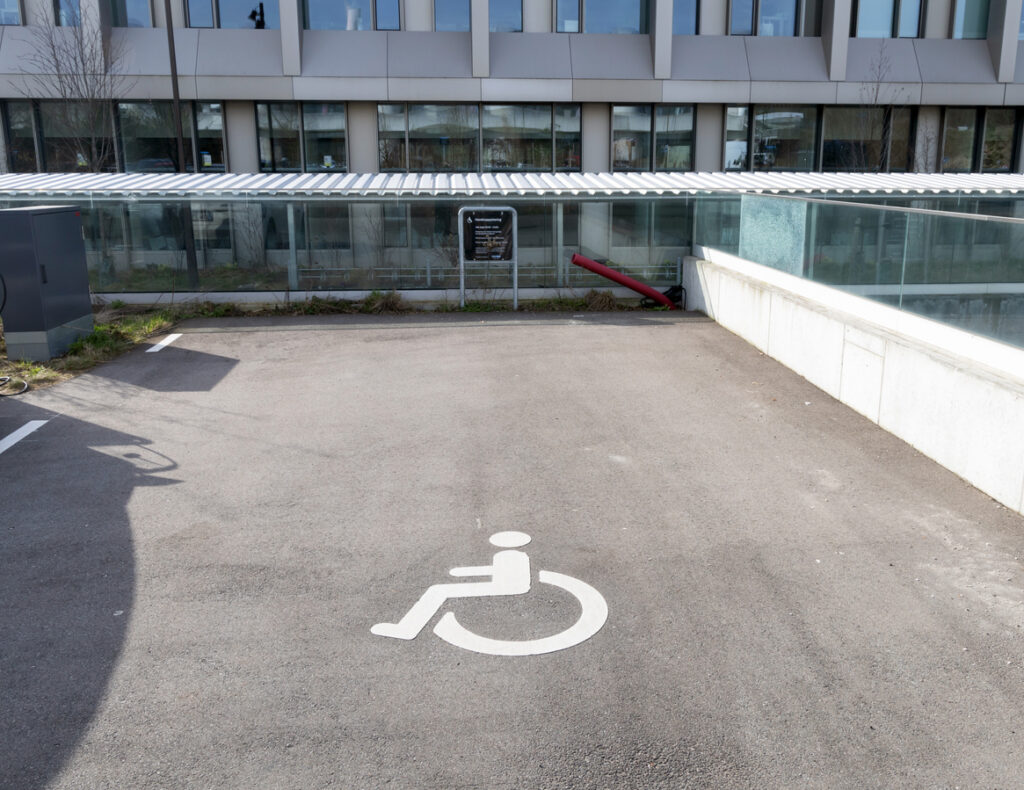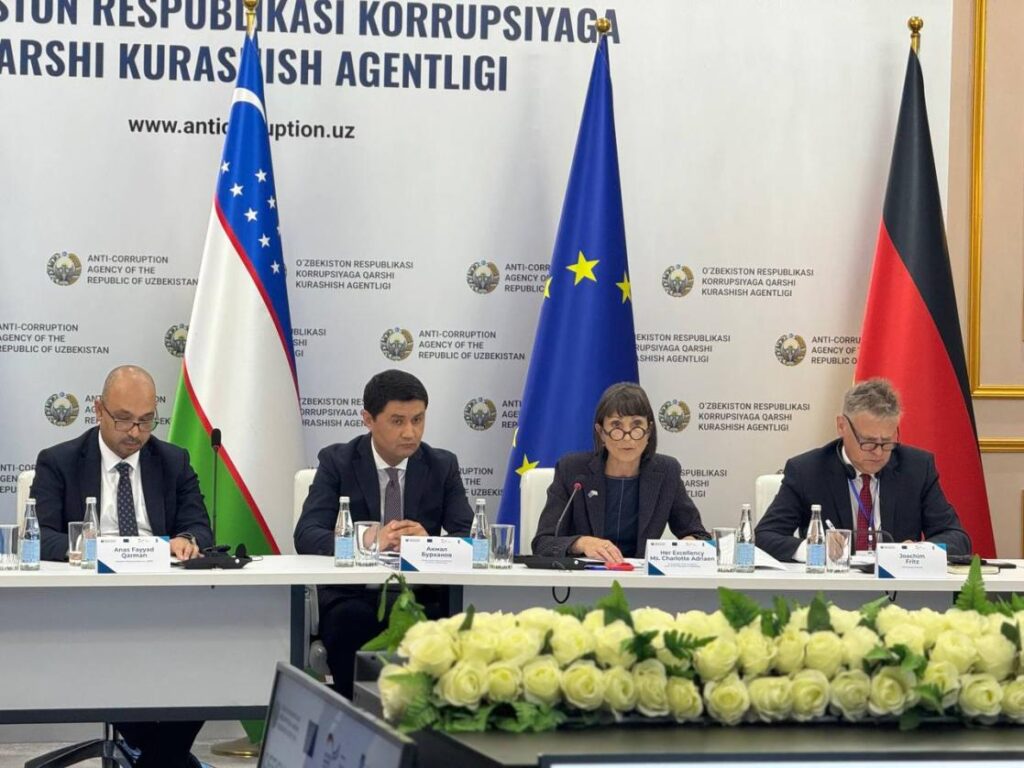U.S. Government Discusses Data From Air Quality Monitor at Tashkent Embassy
On April 22, a press conference was held at the U.S. Embassy in Uzbekistan with American air quality specialist and researcher Jay Turner speaking to media representatives about the air quality monitoring device installed at the embassy in Tashkent in 2018. According to Turner, the device monitors the concentration of air particles every hour: data is taken every 53 minutes, the remaining seven minutes are spent analyzing it, and the results are compared to the previous hour. Devices recently installed by Uzhydromet also monitor air quality hourly, and their data is roughly similar to that recorded at the U.S. Embassy. However, there are aspects that should be taken into account when comparing the results, says Turner. “It is required to follow certain protocols during the monitoring process. The equipment at the embassy follows these protocols, which I have checked myself. If we assume that Uzhydromet follows these protocols and submits its reports, it can be said that it will be the same as our data,” he said. Turner mentioned that work is currently underway to determine the differences between the monitoring devices. “To find an answer to this question, the U.S. State Department has allocated grant funds to Duke University and plans to install inexpensive air quality monitoring sensors throughout Tashkent. A portion of them has already been installed,” he stated.



